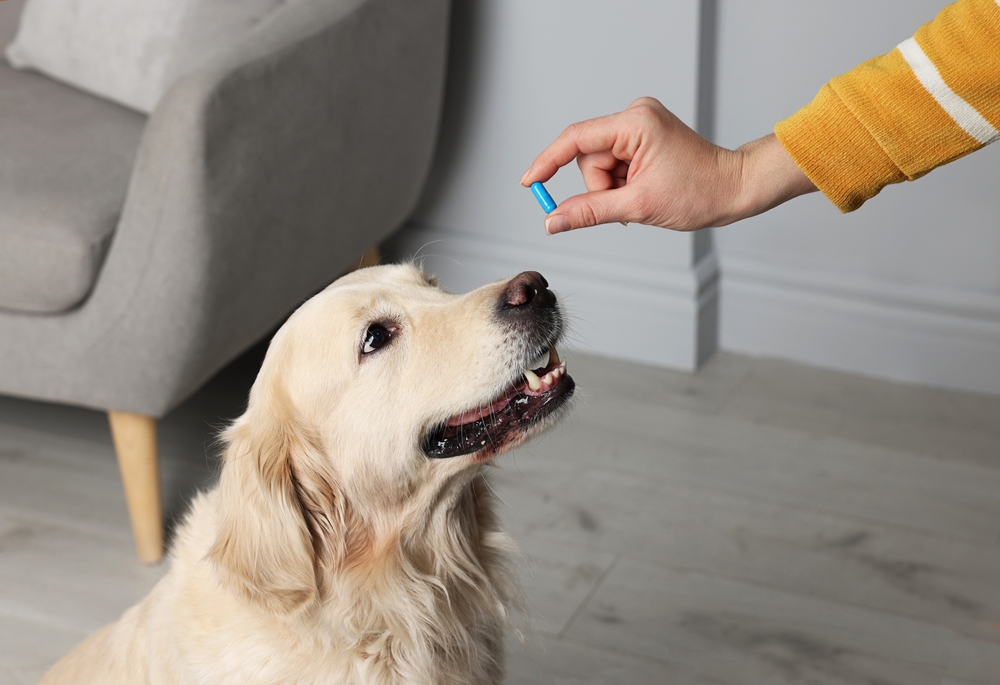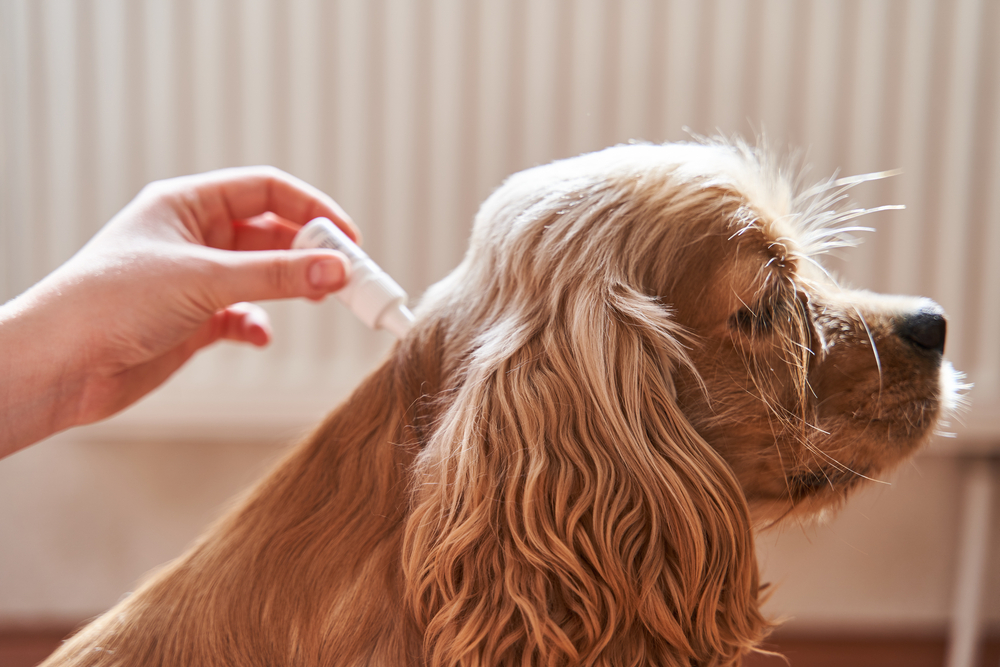
When caring for our beloved pets, we want the best for them. And as pet owners, we often turn to home remedies to treat common ailments, such as digestive issues, skin irritations, and minor injuries. However, while some home remedies may work for humans, they may not be the best option for our furry friends. Using home remedies on pets can sometimes do more harm than good. This blog will discuss why home remedies are sometimes the best option for your pet.
Lack Of Evidence-Based Research
The lack of evidence-based research is one of the main reasons why home treatments might not be the ideal choice for dogs. There is also no scientific study to support the effectiveness of many home cures because they are based only on anecdotal evidence. At the same time, some treatments may have helped some animals, but that does not guarantee they will help others. What is effective for people may only sometimes be practical for animals. As a result, it's critical to rely on therapies that have been tried and true and are supported by scientific studies.
Moreover, some home remedies may even be harmful to pets. For example, some pet owners may use human medications or herbal supplements to treat their pet's ailments, but these may not be safe for pets. Certain human medications can be toxic to pets, and some herbal supplements may cause adverse reactions. So, it's always essential to consult with a veterinarian before you try home remedies on your pet.

The Risk Of Misdiagnosis
Another reason why home remedies may not be the best option for pets is the risk of misdiagnosis. Pets cannot communicate their symptoms and feelings to us, making diagnosing their ailments challenging. Treating your pet's illness with a home remedy without a proper diagnosis can worsen things. For example, if your pet has a stomach ache, it could be due to a bacterial infection that requires antibiotics, and trying to treat it with a home remedy could worsen the situation. Therefore, seeking professional help and getting a proper diagnosis is crucial before trying home remedies.

The Risk Of Side Effects
Using home remedies on pets can also have potentially harmful side effects. Some home remedies can cause allergies or irritations that further aggravate the problem. For example, applying essential oils or certain herbs can cause skin irritations in pets. Additionally, some home remedies, such as garlic, can be toxic to pets which can cause anemia in dogs and cats. So, it's essential to consult with a veterinarian before trying home remedies and make sure they are safe for your pet.

Delaying Proper Treatment
Another potential problem with relying solely on home remedies is that they can delay proper treatment. While some home remedies may provide temporary relief, they may not address the underlying problem, which could worsen over time. Delaying proper treatment could lead to further complications and even cause irreversible damage. Using home remedies on pets can also have potentially harmful side effects. Some home remedies may cause allergic reactions or skin irritations, further aggravating the problem. For example, applying essential oils to your pet's skin may cause skin irritations or even be toxic to your pet. Moreover, some home remedies can interact with other medications your pet may be taking, which can cause adverse reactions. Therefore, I would like to ask for professional help and get the proper treatment as soon as possible.

Inappropriate Dosage
Finally, if the dosage needs to be corrected, home dog treatments might be harmful. Since pets' bodies and metabolisms differ from people's, what may be safe for humans may not necessarily be safe for them. The inappropriate dosage of home treatment for your pet might be harmful or even fatal. For instance, giving your pet too much aspirin or garlic might poison them and result in anemia. Because of this, it's essential to get a veterinarian's advice before administering any home remedies to your pet and to ensure that you do so following the recommended dosage.
Conclusion
While home remedies may seem like a quick and easy solution to your pet's ailments, they are not always the best option. Home remedies can lead to misdiagnosis, potential side effects, delay in treatment, inappropriate dosage, and lack of evidence-based research. Therefore, seeking professional help and getting a proper diagnosis is essential before trying home remedies. Moreover, always consult a veterinarian before giving your pet any home remedy to ensure it's safe and appropriate. Remember that your pet's health and welfare should always come first.










تعليقات (0)
اترك تعليقا